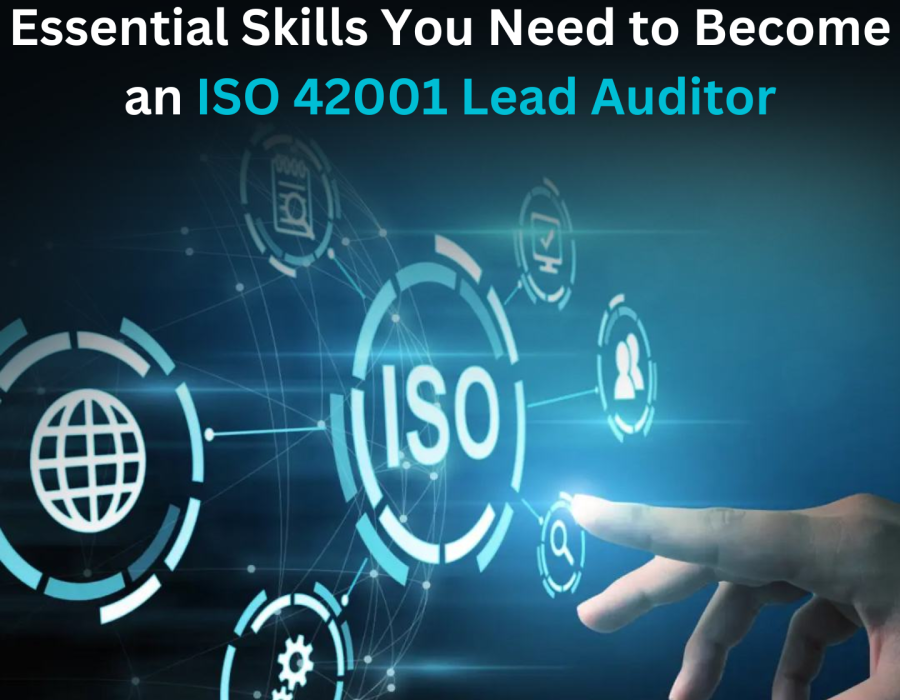ISO 42001 Lead Auditor Certification is a strategic career investment for professionals looking to excel in AI governance, risk management, and compliance auditing. With the increasing global adoption of AI regulations, certified auditors will be indispensable assets in organizations worldwide. 2025 is the best time to get ahead and future-proof your career.
As AI grows in its presence in critical sectors, ISO 42001 Lead Auditors are crucial in ensuring safe, ethical, and compliant AI adoption. To excel in this career, professionals need to acquire a special blend of technical, analytical, and soft skills. The following is an in-depth explanation of the necessary skills:
1. Extensive Knowledge of ISO 42001 Standard
You need to possess a thorough understanding of ISO 42001's structure, concepts, and clauses. This includes expertise in AI management systems, data governance, accountability frameworks, and audit processes. Familiarity with related standards such as ISO 31000 (Risk Management) and ISO/IEC 27001 (Information Security) is a plus.
2. Strong Analytical and Risk Assessment Skills
You’ll need the ability to analyze complex AI systems, identify risks, and evaluate potential compliance gaps. Proficiency in risk identification, evaluation, and mitigation strategies is essential. You need to be aware of AI risk taxonomies such as bias, transparency, security, and misuse.
3. Competency in Auditing and Reporting
Training or experience in internal and external audit procedures is imperative.
You should be capable of:
· Conducting gap analyses
· Evaluating on the basis of evidence
· Producing comprehensive audit reports that are concise, well-structured, and actionable
An effective understanding of audit lifecycle management and ISO audit protocols is also necessary.
4. Technical Awareness of AI Systems
Although you do not have to be a data scientist, having knowledge of how AI models work (i.e., machine learning, data pipelines, AI ethics) is important. You will be knowledgeable in concepts such as model transparency, explainability, algorithmic bias, and mechanisms for accountability. It aids in the proper assessment of AI risks and ensuring compliance with ISO 42001.
5. Data Privacy and Regulatory Knowledge
ISO 42001 auditors need to know how AI systems handle data collection, processing, and storage.
Knowledge of GDPR, CCPA, and other international data protection legislation is necessary to determine legal compliance. Understanding AI-related legal frameworks and regulatory directions improves audit quality.
6. Communication and Interpersonal Skills
Auditing demands professional, clear communication with stakeholders at all levels—from engineers to C-suite leaders.
You need to be able to:
· Conduct interviews
· Describe non-conformance issues
· Report findings constructively and solution-focused
7. Problem-Solving and Critical Thinking
ISO 42001 auditors frequently encounter intricate, unclear issues that need robust critical thinking and decision-making abilities. You need to analyze the actual effect of AI risks and offer effective, practical suggestions.
To become an effective ISO 42001 Lead Auditor, you need to combine AI system awareness, regulatory know-how, and keen audit skills with a robust ethical philosophy. These skills not only make you excel in audits but also establish you as a valued authority on the expanding area of AI governance and risk assurance.





Comments